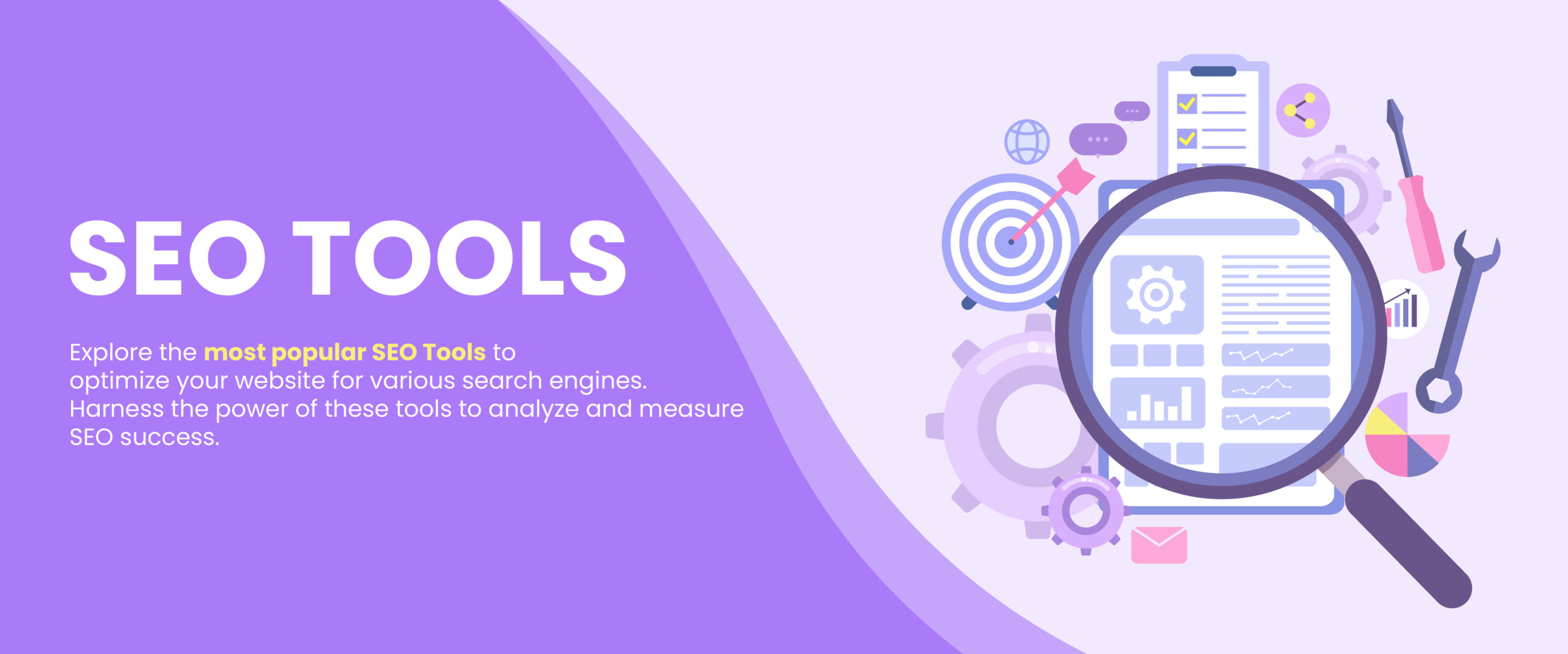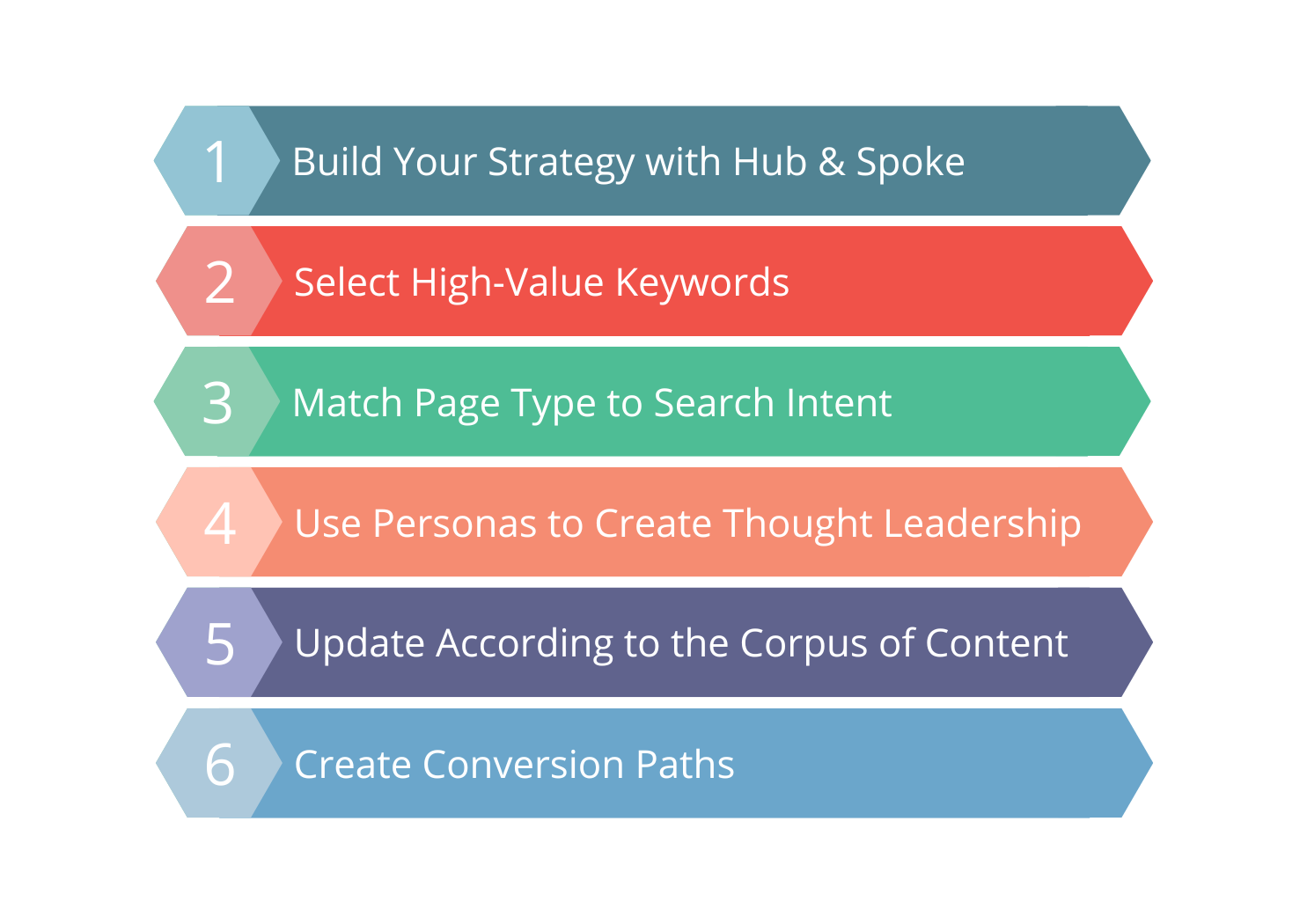“`html
Mastering Content Analysis for SEO: A Data-Driven Approach to Online Success
Estimated reading time: 10 minutes
Key Takeaways
- Understanding what content resonates with your audience and search engines is crucial for online success.
- Effective content satisfies user needs and aligns with search algorithms for increased visibility.
- Content analysis for SEO is the systematic evaluation and optimization of content to improve search engine performance and audience engagement.
- Leveraging content analysis for SEO guides you in identifying trending topics, using SEO keywords effectively, and making informed content planning decisions.
- Specialized content analysis tools are essential for efficient data gathering, competitive research, and tracking critical SEO metrics.
- Analyzing competitors’ content and monitoring industry conversations helps uncover highly relevant trending topics.
- Identifying high-performing SEO keywords involves analyzing competitor rankings, SERP features, and performance data.
- Insights from content analysis directly inform and shape your overall content strategy.
- Performing regular topic analysis helps identify content gaps, underperforming pages, and dominant content formats.
- Integrating content analysis into your workflow ensures sustained organic visibility and a strong return on content investment.
Table of contents
- Mastering Content Analysis for SEO: A Data-Driven Approach to Online Success
- Key Takeaways
- What is Content Analysis for SEO?
- The Role of Content Analysis Tools
- Identifying Trending Topics with Content Analysis
- Leveraging SEO Keywords Effectively
- Developing a Robust Content Strategy
- Practical Application: Performing Topic Analysis
- Integrating Content Analysis into Your Workflow
- Final Thoughts
What is Content Analysis for SEO?
In the dynamic digital landscape, understanding what truly resonates with both your audience and search engines is no longer just an advantage—it’s paramount for achieving genuine online success. Effective content doesn’t just fulfill user needs; it meticulously aligns with search algorithms, significantly boosting visibility and driving valuable organic traffic. As highlighted by SEO analysis insights and the importance of content in SEO, this synergy is key.

At the heart of this lies the concept of content analysis for SEO. This isn’t merely about looking at your content; it’s a systematic practice of evaluating and optimizing it to enhance its performance in search engine results and, crucially, with your target audience. As defined by resources like SEO page content analysis and SEO content analysis, it’s about a deep dive into your digital assets.
The primary objective of this post is to serve as your comprehensive guide. We will walk you through leveraging content analysis for SEO to build a truly data-driven strategy. This involves dissecting how to identify trending topics that capture attention, how to effectively use SEO keywords to connect with searchers, and how to make genuinely informed content planning decisions that yield tangible results.
The Role of Content Analysis Tools
Performing a deep and meaningful content analysis for SEO can feel like a monumental task without the right support. This is where specialized content analysis tools step in. They are not merely beneficial; they are *essential* for efficient and accurate data gathering, which then translates into actionable insights you can implement immediately. These tools automate complex analysis processes, significantly speed up the often time-consuming competitive research, and ensure you are diligently tracking the most critical metrics that underpin SEO success. Resources like SEO analysis benefits, content analysis for SEO, and SEO analysis reviews consistently point to their indispensable nature.

These tools come in various categories, each serving a distinct purpose in the content analysis process:
- SEO Platforms (e.g., SEMrush, Ahrefs, Moz): These comprehensive suites are your command center for all things SEO. They excel at conducting thorough site audits, performing in-depth competitor comparisons, and analyzing complex backlink profiles. Their broad capabilities offer a holistic view of your SEO performance.
- Keyword Research Tools (e.g., Google Keyword Planner, Ubersuggest): The foundation of content strategy often starts with understanding what people are searching for. These tools are invaluable for providing crucial data on search volumes, identifying current trends, and assessing keyword difficulty scores, helping you pinpoint opportunities.
- Social Listening Tools (e.g., BuzzSumo): To truly understand what’s capturing public attention, social listening is key. These tools play a vital role in uncovering insights into trending topics, identifying high-engagement content across various social platforms, and understanding the broader conversation around your industry.
Collectively, these tools empower you to identify technical barriers that might be hindering your SEO efforts, uncover crucial keyword opportunities that competitors may have overlooked, and reveal critical audience behavior patterns. This comprehensive understanding is vital for crafting and executing effective SEO strategies. As pointed out by benefits of SEO analysis, SEO analysis platforms, and content analysis tools, their role is multifaceted.
Identifying Trending Topics with Content Analysis
One of the most dynamic aspects of successful online content is its ability to tap into current conversations and interests. Analyzing your competitors’ content and actively monitoring industry conversations are fundamental methods for uncovering trending topics that are highly relevant within your specific niche. This proactive approach ensures your content remains timely and engaging. Resources like SEO page content analysis and content analysis benefits emphasize this connection.

To effectively identify these trends, you need to look beyond surface-level observations. Carefully track engagement metrics like shares, likes, and comments. Pay close attention to seasonal patterns that might influence search interest, and study the kinds of innovative new angles on existing subjects that are capturing attention. By meticulously monitoring these signals, you can gain a clearer picture of what’s currently capturing the audience’s imagination. This is a key aspect of content analysis benefits and SEO content analysis.
Effectively capitalizing on trending topics allows you to align your content precisely with real-time search interest. This direct alignment doesn’t just boost your content’s discoverability; it drives significant organic exposure and ensures your website remains timely and relevant in a constantly evolving digital environment. As the benefits of content analysis highlight, staying ahead of trends is a powerful competitive advantage.
Leveraging SEO Keywords Effectively
At the core of connecting your content with the specific search intent of users are SEO keywords. They are the linguistic bridge between what people are looking for and the information you provide. Without a strategic approach to keyword usage, even the most valuable content can remain undiscovered.

Identifying high-performing keywords requires a multi-faceted approach. A crucial first step is to thoroughly analyze what your competitors are ranking for. What terms are they successfully using to attract traffic? Alongside this, studying the features present in Search Engine Results Pages (SERPs) for your target topics can reveal valuable insights into user expectations and the types of content that Google prioritizes. Furthermore, closely monitoring your own website’s performance data is invaluable. Which keywords are already driving traffic to your site? Analyzing these alongside competitor data, as recommended by SEO page content analysis and SEO content analysis, provides a robust foundation.
Keyword research tools are indispensable allies in this process. They can be used to effectively surface relevant terms, including those that are highly specific and perhaps less competitive. Discovering valuable long-tail variants – those longer, more niche phrases – is particularly powerful. This capability empowers you to target both broad, high-volume queries and highly specific niche queries, significantly improving your visibility and attracting a more qualified, engaged audience. The benefits of SEO analysis and content analysis frameworks underscore the importance of this granular keyword approach.
Developing a Robust Content Strategy
The insights gleaned from your content analysis are not isolated data points; they are the bedrock upon which a powerful and effective content strategy is built. Understanding trending topics, identifying valuable keyword opportunities, and knowing what resonates with your audience directly informs and shapes your overall approach to content creation and distribution. As highlighted by the importance of a content strategy for SEO and enhancing your content strategy with SEO best practices, this connection is fundamental.

Building a truly data-driven content strategy involves several key, interconnected steps:
- Conduct a thorough audit of your existing content: Before creating anything new, understand what you already have. Identify any gaps in your current content library and pinpoint underperforming pieces that might need an update or a strategic repurposing.
- Map your target keywords meticulously: Don’t just list keywords. Understand the intent behind them. Map your chosen keywords to specific user needs and the various stages of the buyer’s journey, ensuring you’re creating content that meets users exactly where they are.
- Strategically plan content formats: Based on your analysis of what’s working (both for you and your competitors), decide on the most effective content formats. This could include in-depth blog posts, engaging videos, informative infographics, or detailed case studies. Your strategy should be guided by what has proven to resonate most effectively within your niche.
- Commit to regularly updating your content: The digital landscape is constantly changing. To maintain relevance and continue ranking well, your content needs to stay fresh. Schedule regular reviews and updates to ensure your content remains accurate, comprehensive, and valuable to your audience. This iterative process is crucial, as emphasized by SEO page content analysis and content strategy importance.
It’s vital to stress that data-driven strategies consistently outperform intuition-based approaches. Why? Because they precisely align your efforts with actual user behaviors and search engine expectations, rather than relying on guesswork. This methodical approach allows you to anticipate algorithm updates and adapt more effectively to the ever-changing demands of the online world, leading to more predictable and sustainable growth. This is a core principle highlighted in content strategy benefits and SEO content strategy best practices.
Practical Application: Performing Topic Analysis
To translate the principles of content analysis into tangible results, a practical, step-by-step approach to topic analysis is essential. This involves a thorough examination of both your own website’s content and that of your top competitors. The goal is to identify strengths, weaknesses, and opportunities for improvement.

Begin by thoroughly reviewing your own site and those of your leading competitors. The aim is to identify comprehensive coverage of your core topics. Are there any crucial sub-topics or related areas that are being missed entirely? This initial pass helps to map the existing landscape. Concurrently, assess which pages are performing well and which are lagging behind in search results. This provides immediate insight into what’s working and what isn’t. As suggested by SEO content analysis, this detailed review is key.
Specifically, focus on identifying content gaps – areas where your coverage is weak or non-existent. Pay close attention to pages that are underperforming in search results, as these often indicate opportunities for optimization or a need for revised content. Furthermore, identify the dominant content formats that are gaining traction within your niche. Are listicles outperforming in-depth guides? Are case studies driving more engagement than tutorials? Understanding these preferences, as recommended by SEO page content analysis and content analysis, is vital.

Organize related topics into logical clusters. This helps to create a structured and hierarchical approach to your content, making it easier for both users and search engines to navigate and understand. Leverage your analytics data to prioritize which areas require the most immediate attention and investment. Continuously monitor search rankings, traffic levels, and user engagement metrics. This ongoing process is crucial for refining your topic analysis approach over time, ensuring that your strategy remains agile and responsive to changing dynamics. Resources such as SEO analysis benefits, content analysis, and SEO analysis platforms all reinforce the importance of continuous monitoring.
To facilitate this ongoing process, it’s highly advisable to organize your findings effectively. Consider using spreadsheets or dedicated dashboards. This visual organization not only clarifies your findings but also enables clear tracking of progress and facilitates iterative improvements to your content strategy.
Integrating Content Analysis into Your Workflow
For content analysis to be truly effective, it must become an ingrained part of your ongoing SEO routine, rather than a sporadic task. Establishing a regular schedule for content audits and keyword reviews is paramount. This ensures that you are consistently monitoring performance, identifying new opportunities, and staying ahead of the curve. As highlighted by SEO analysis benefits, content analysis, and SEO analysis tools, regularity is key to sustained success.

The digital landscape is in constant flux. Search engine algorithms are updated, industry trends emerge and fade, and audience preferences evolve. It is therefore critically important to continuously monitor key performance metrics—such as search rankings, traffic, bounce rates, and conversion rates. Be prepared to adjust your content strategy swiftly and decisively in direct response to these changes. This agility ensures that your content remains relevant and effective.
Ultimately, making data-led optimization a consistent and ongoing practice is the most effective way to sustain and grow your organic visibility over the long term. It moves you from reactive adjustments to proactive strategic planning. This consistent effort is what drives measurable results and ensures a strong return on your content investment, as supported by SEO analysis benefits, content analysis, and content strategy importance.
Final Thoughts
The core message is clear: Content analysis for SEO is not just a technical exercise; it’s a powerful, strategic methodology. It empowers marketers and creators to precisely align their content with both user intent and the evolving standards of search engines. This meticulous alignment is what ultimately leads to significantly greater online visibility, improved audience engagement, and, most importantly, increased conversions. As emphasized by SEO page content analysis and the importance of content in SEO, this is the ultimate goal.

Implementing robust content analysis practices is a key driver for sustained growth in the competitive digital arena. It ensures that your efforts are focused, your resources are allocated effectively, and you achieve a measurable return on your content investment. It transforms content creation from an art into a science, grounded in real data and user understanding. This strategic imperative is underlined by content strategy benefits and the importance of content for SEO.

Call to Action: We encourage you to actively start leveraging these essential strategies today. Explore the recommended content analysis tools mentioned throughout this post to unlock your website’s full SEO potential and to build a truly data-driven content engine.



“`






